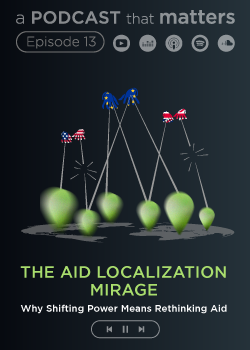Print

Climate Positive Circular Communities: ARV
Details
Locations:Belgium, Czech Republic, Denmark, Italy, Netherlands, Norway, Spain, Switzerland
Start Date:Jan 1, 2022
End Date:Dec 31, 2025
Contract value: EUR 21,316,651
Sectors: Energy, Environment & NRM
Description
Programme: H2020-EU.3.3. - SOCIETAL CHALLENGES - Secure, clean and efficient energy
Topic: LC-GD-4-1-2020 - Building and renovating in an energy and resource efficient way
Call for proposal: H2020-LC-GD-2020-7
Funding Scheme: IA - Innovation action
Grant agreement ID: 101036723
Objective
The vision of the ARV project is to contribute to speedy wide scale implementation of Climate Positive Circular Communities (CPCC) where people can thrive and prosper for generations to come.
The overall aim is to demonstrate and validate attractive, resilient, and affordable solutions for CPCC that will significantly speed up the deep energy renovations and the deployment of energy and climate measures in the construction and energy industries.
To achieve this, the ARV project will employ a novel concept relying on a combination of 3 conceptual pillars, 6 demonstration projects, and 9 thematic focus areas.
The 3 conceptual pillars are integration, circularity and simplicity. Integration in ARV means the coupling of people, buildings, and energy systems, through multi-stakeholder co-creation and use of innovative digital tools. Circularity in ARV means a systematic way of addressing circular economy through automated use of LCA, digital logbooks and material banks. Simplicity in ARV means to make the solutions easy to understand and use for all stakeholders, from manufacturers to end-users.
The 6 demos are urban regeneration projects in 6 locations around Europe. They have been carefully selected to represent the different European climates and contexts, and due to their high ambitions in environmental, social and economic sustainability. Renovation of social housing and public buildings are specifically focused. Together, they will demonstrate more than 50 innovations in more than 150,00 m2 of buildings.
The 9 thematic focus areas are 1) Effective planning and implementation of CPCCs, 2) Citizen engagement, environment and well-being, 3) Sustainable building re(design) 4) Resource efficient manufacturing and construction workflows, 5) Integrated renewables and storage, 6) Energy management and flexibility, 7) Monitoring and evaluation, 8) Business models, financial mechanisms, policy and exploitation, 9) Communication, dissemination, and stakeholder outreach.
